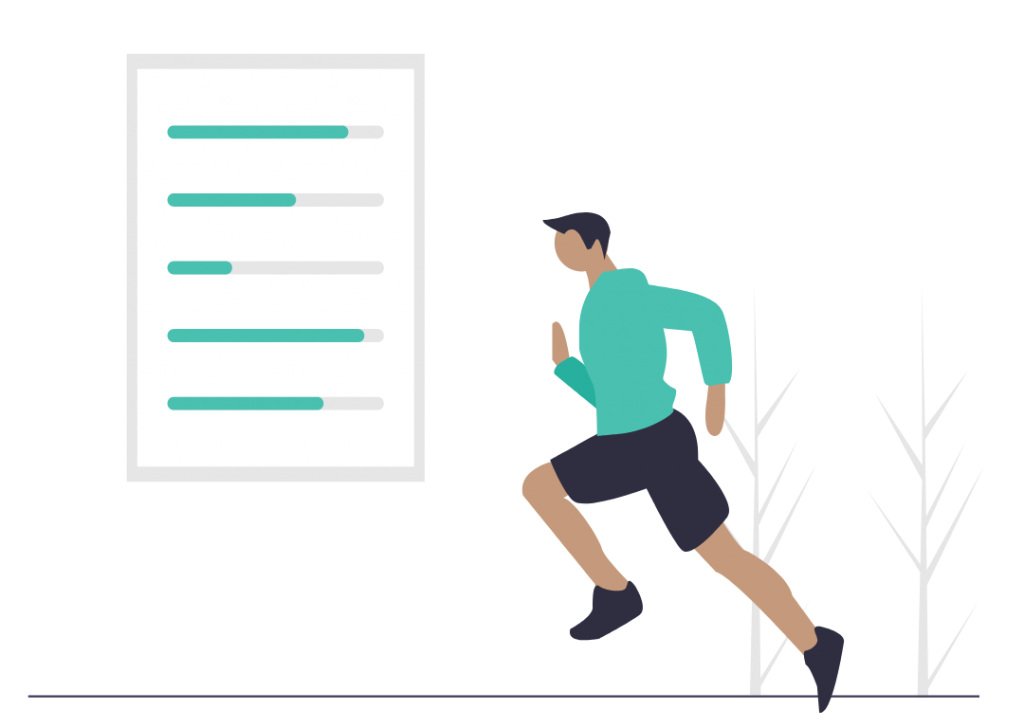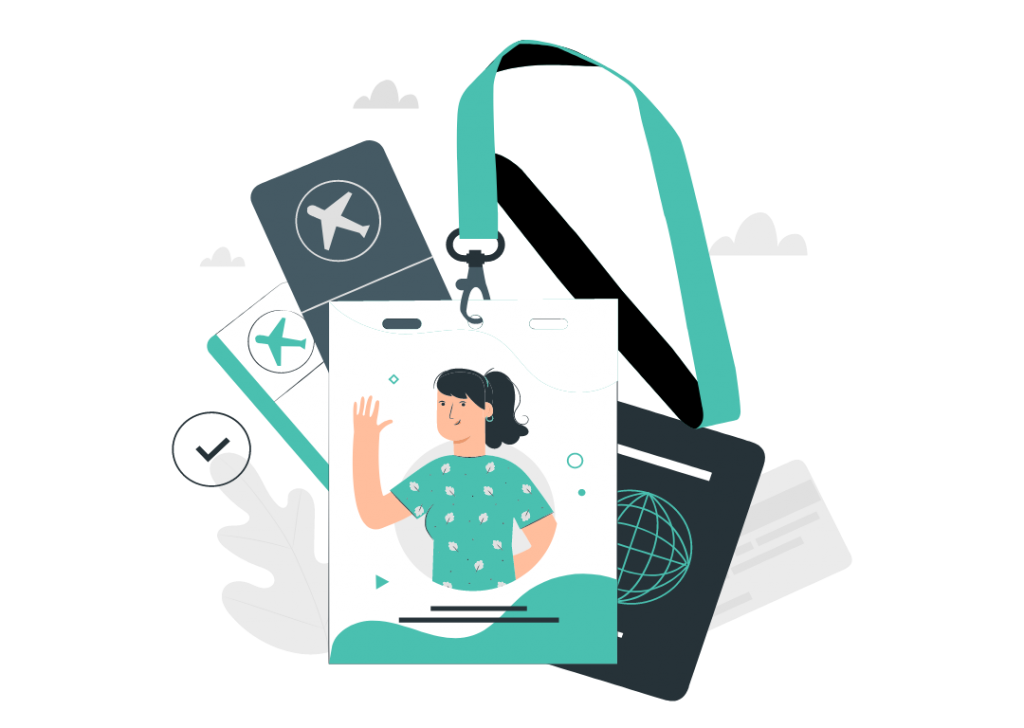
Caregiving with Love, Not Fear
Rose and her husband were about to start the business of their dreams when her mom was diagnosed with stage IV cancer.

Catherine was a long-distance caregiver and had to quit her corporate attorney job to care for her father who was living with Alzheimer's. She discusses the frustration of her father's mental decline while his physical health remained strong, the importance of asking for help from others, and how experiencing the estate-planning process inspired her to change her law practice to serve future caregivers. This is Catherine's story.
As told to Open Caregiving and lightly edited to enhance readability while preserving the author’s voice.
Hi! My name is Catherine and I’m a Gen-X woman living in California. I previously lived in Florida, where I was a long-distance caregiver to my father.
I was a newlywed when my father started his 10 year journey with Alzheimer’s disease. I lived in Florida and my parents lived in Delaware, so I was a long-distance caregiver. During that time, I left my job as a corporate and banking attorney to care for my young children and help my mom care for my dad.
My dad had a slow decline, so we had to adjust to many changes over time. His mind deteriorated faster than his body, so it was shocking that he could get around so well but had problems remembering things and recognizing people. My mother cared for him full-time and my sister and I would help with paying bills, filing medical claims, and going to doctor appointments.
To ask for help. So many times I was surprised about all the resources out there. There are even more now. You don’t have to do it alone. You have to start asking around or research and there will be answers for you.
As an attorney, I was familiar with estate planning, but it wasn’t until my father’s long illness that I realized how helpful it was for caregiving.
When I needed to pay taxes for my father, his power of attorney helped me work with his bank. When I wanted medical information on my father, his medical power of attorney allowed me to get that information. When he was at the end stage of Alzheimer’s, his living will gave us clear instructions of what he wanted.
We were lucky that he had all his estate planning done long before his illness. It helped us focus our energy on caring for him, not dealing with red tape.
It made such an impact on me that I changed my law practice from corporate to estate planning. I wanted to help other families understand the importance of estate planning in their caregiving journey. I even wrote a book, Estate Planning for the Sandwich Generation: How to Help Your Parents and Protect Your Kids for caregivers who have children and aging parents.
It was hard to find time for myself in between caring for my young children and helping my dad. There was not much balance there. I found yoga was a great escape from all the worry.
One thing I found extremely helpful was joining an Alzheimer’s support group. Even though I was a long-distance caregiver, I wanted to do as much as I could. I was encouraged by hearing other people’s stories, experience, and advice. It also helped me prepare my family for each stage of Alzheimer’s by knowing what to expect.
Forgive yourself. I felt guilty that I wasn’t there every day. It was only years later looking back that I realize that I gave my family a great deal of support and did the best I could under the circumstances.
I try to share this with anyone who has a loved one with a diagnosis of Alzheimer’s Disease: contact your local hospice organizations. Many (not all) hospices will provide services and care free of charge to Alzheimer’s patients since it is a terminal illness that cannot be cured.
We received tremendous support and care from our hospice providers that helped my father. They gave us invaluable advice and were with us in the final years of my father’s journey. There are a lot of misconceptions about hospice (e.g. you have to have 6 months to live, it costs money, they won’t help if you are sick). It is worth it to look into if hospice can help your family.
Catherine runs a website that helps Sandwich Generation caregivers navigate estate planning as well as other aspects of caregiving. You can explore the information and resources she has put together and learn more about her book at SandGenLife.

Rose and her husband were about to start the business of their dreams when her mom was diagnosed with stage IV cancer.

Andrew’s dreams of exploring life away from home, as a college student, were interrupted when his father was diagnosed.

Having worked in the airport management industry for 25 years, Francey felt burned out and hoped to change careers.